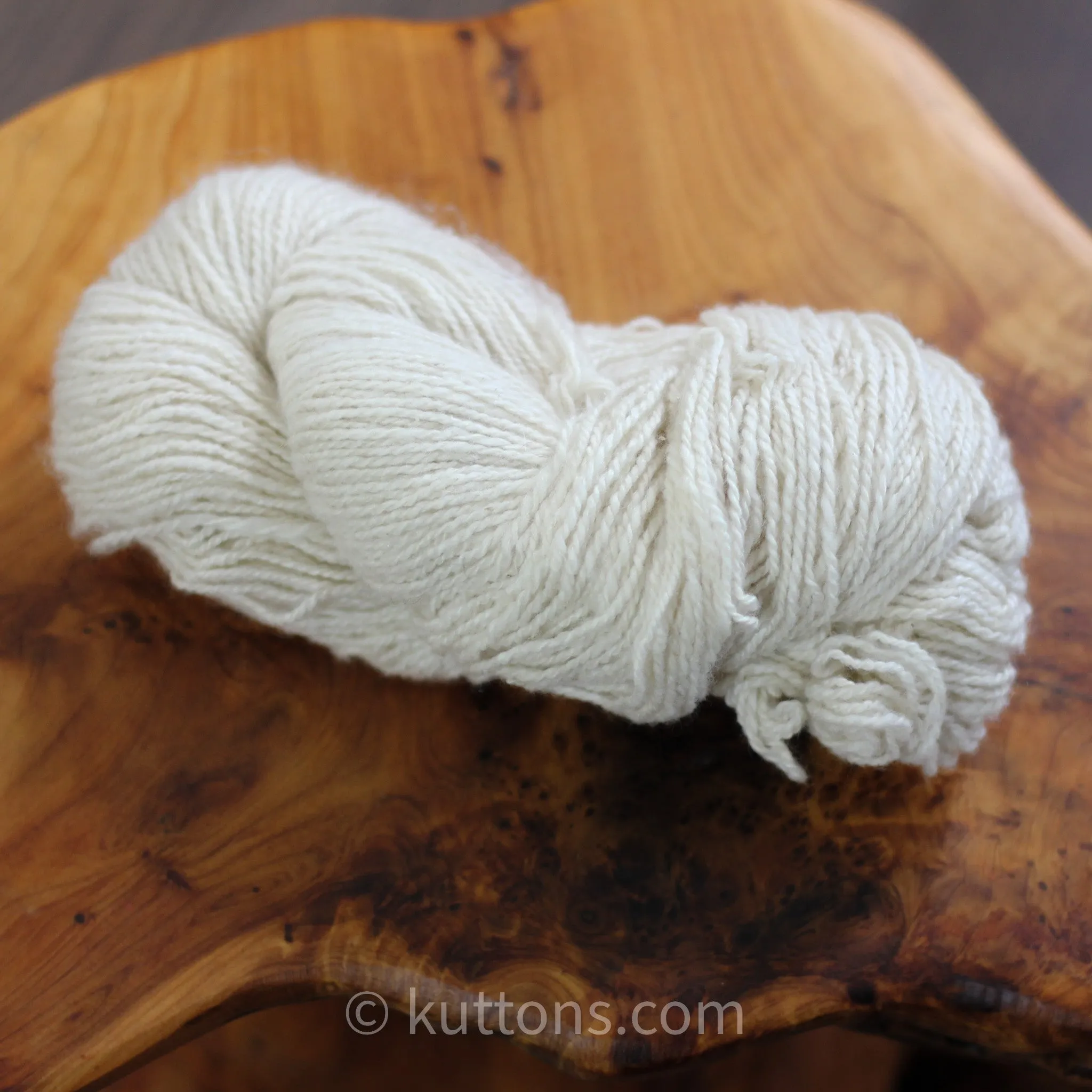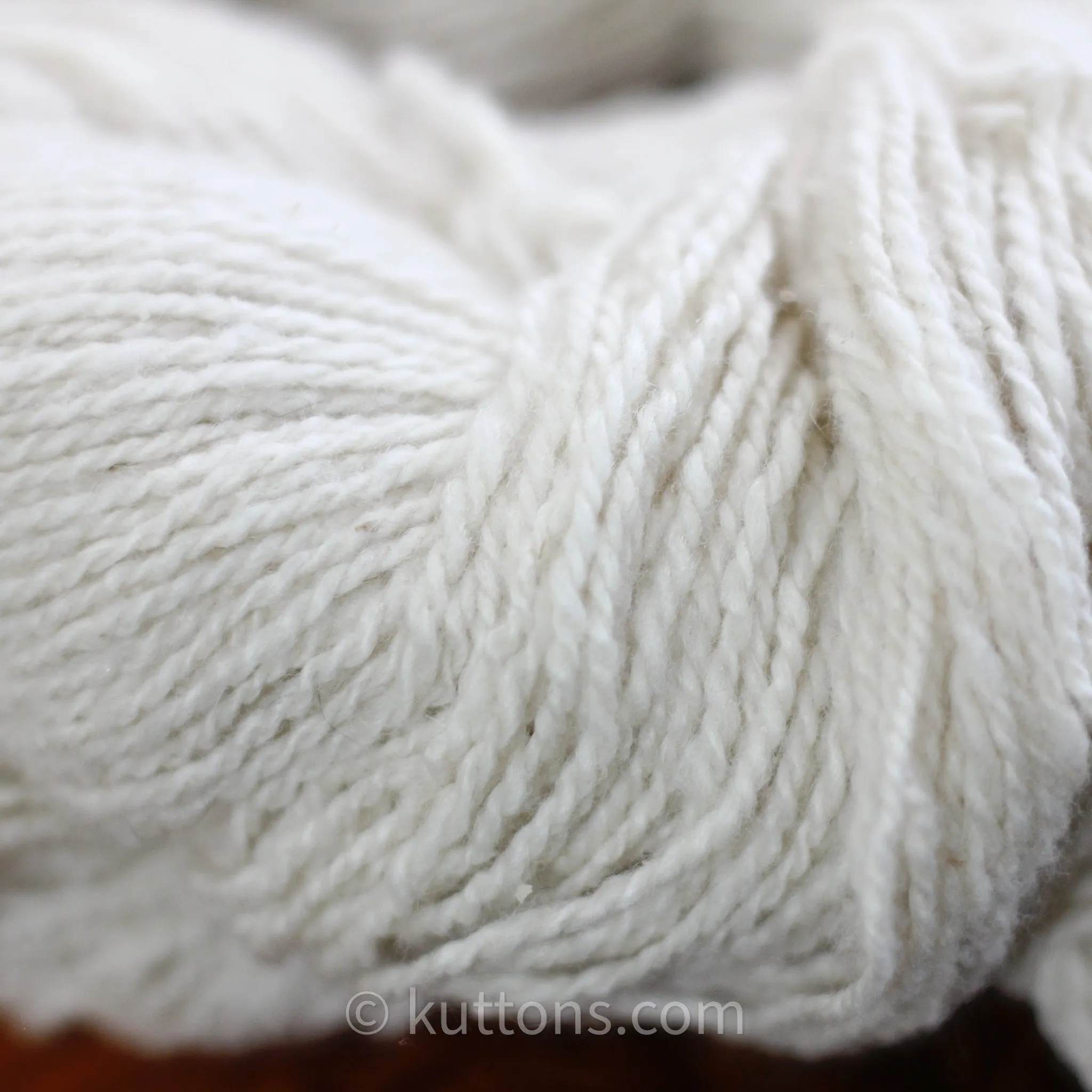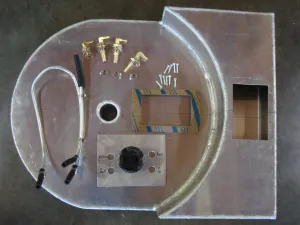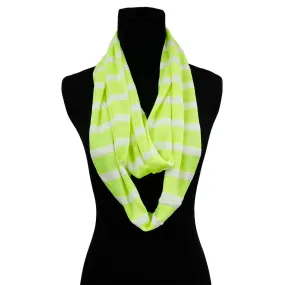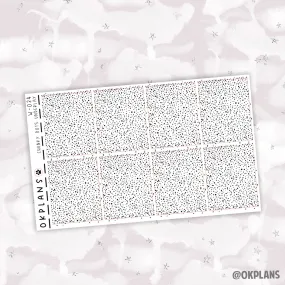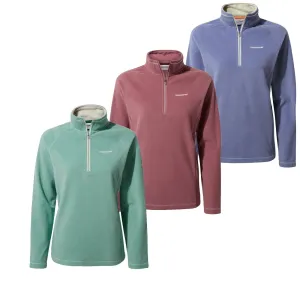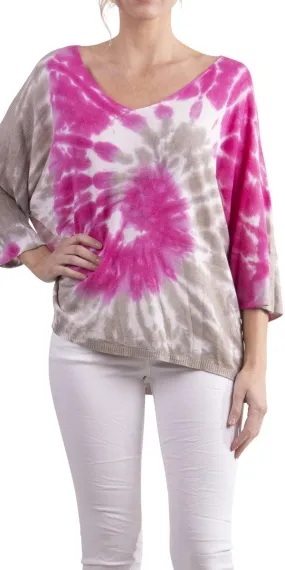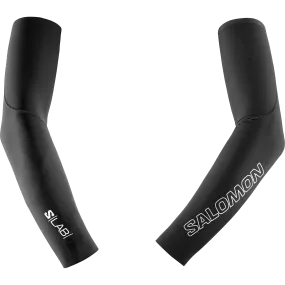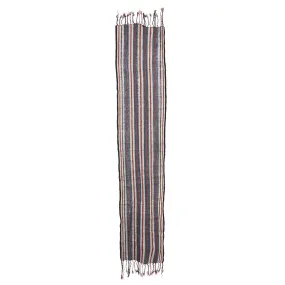Pashmina Cashmere Wool Hank, 2 Ply (Single Hank) - Handspun Wool for Hand-knitting Projects
100% Cashmere Wool - Money-Back Guarantee!
Indulge in the opulence of our 100% Pashmina Cashmere Wool Hank, a testament to artisanal excellence handspun by the skilled women weavers of Ladakh. Derived from the fine undercoat of the Changthangi goat, this luxurious cream yarn epitomizes sustainable fashion, ensuring every stitch carries the warmth of ethical craftsmanship.
Each 50-gram hank of this super soft 2-ply yarn offers approximately 160 meters of natural pashmina wool, perfect for creating heirloom-quality hand-knitted or crocheted pieces. Whether you're crafting a snug winter scarf or a delicate shawl, the gentle caress of this wool against your skin speaks volumes of its superior quality.
Embrace a touch of Ladakh's heritage with every loop and weave, knowing you're supporting the traditional craft upheld by these remarkable women weavers.
Elevate your home projects with this cream-hued treasure that promises unparalleled warmth and softness. Experience the joy of working with handspun cashmere wool that is as kind to the planet as it is to your senses. Bring the luxury of Ladakh into your living space with our ethically sourced, sumptuously warm pashmina wool hank—where every fibre tells a story of comfort and timeless elegance.
---------------
Cashmere vs. Pashmina Cashmere. What's the difference?
Cashmere: Cashmere wool (15-19 microns) is one of the softest and warmest wool in the world and comes from many parts of the world, including Mongolia and China.
Pashmina Cashmere: Pashmina cashmere (8-15 microns), on the other hand, is the finest variety of Cashmere coming only from of Ladakh/Kashmir Himalayas of India, where they graze and breed at high altitudes (above 14,000 feet) in freezing weather. You can say all Pashmina is Cashmere, but every Cashmere is not Pashmina.
Product Details:
--------------------
Perfectly Imperfect
* The whole process of pashmina making is organic, natural and sustainable. Sorting, cleaning, carding, spinning, dying and weaving are done by hand using traditional tools with minimal and no damage to the environment. And since it is made by hand on a traditional loom, there might be some minor imperfections that are unique to products made by hand.




